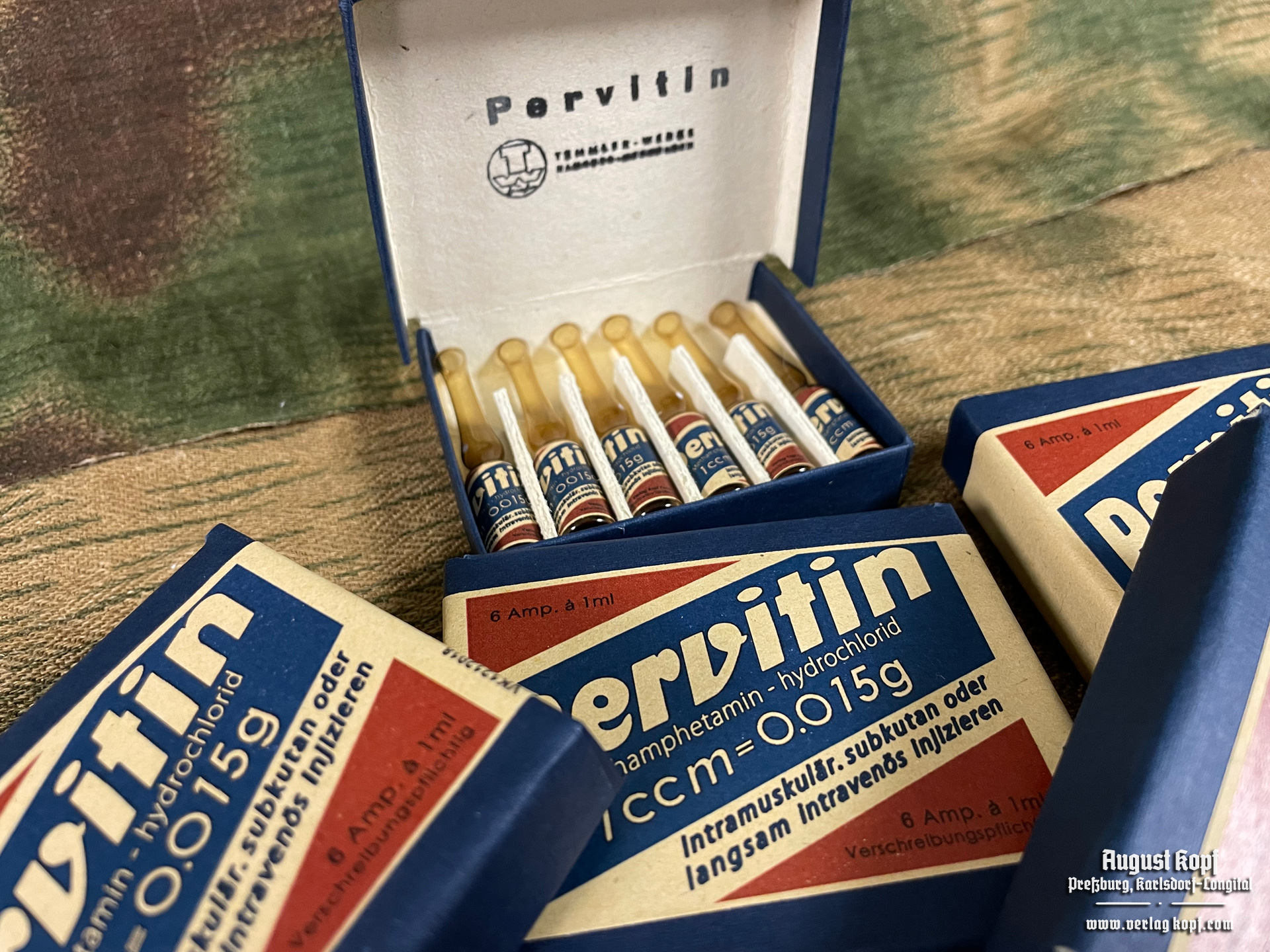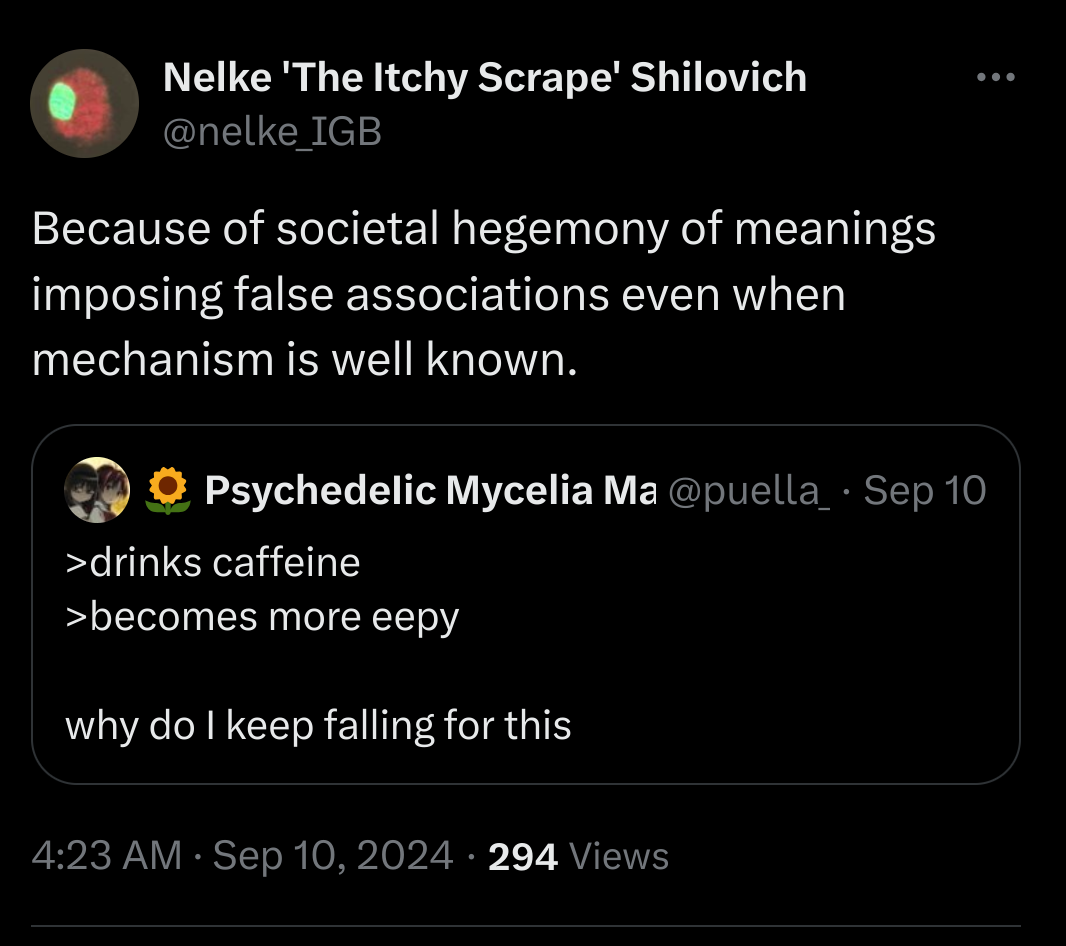I'll give this one a shot because I wrapped up my responsibilities for the day.
The most common medication for ADHD afaik is amphetamine. Amphetamine doesn't just sound like methamphetamine, it is very similar in effects. Meth and similar stimulants were used at high rates up through WWII. Germany, the US, Japan, and presumably many other countries relied on them heavily for their soldiers. Then broken soldiers came home and the use of stimulants among the general domestic populations became "problematic." Part of this was based in reality - addiction, stimulant psychosis, having energy to oppose the state - and part of it was the need to appear consistent in anti-drug propaganda against other substances such as cannabis.
An additional factor is that stimulants can be easily be made clandestinely, and that reality is inconvenient for strong states that desire economic control and the dependence of their residents on government-sanctioned revenue streams. Amphetamines are stronger than coffee and yet much easier to produce at home. Cartel financing is extremely effective in opposing orthodox power structures. And to be fair, homebrew amphetamines can be very dirty meaning that there are risks to the user that do not exist when using substances created by ~~official~~ regulated producers.
We're probably thinking about the medication from the perspective of medicating neurodivergent individuals to improve their quality of life, and in that sense you are correct that the evidence supports them strongly. However the rules are made by the states, and the states want a monopoly of authority. Such power structures generally care very little about patients as opposed to controlling "human capital." Their concerns are more about weakening the argument for a war on drugs (which was never about the drugs themselves), individual economic independence and state loss of tax revenue, loss of donations and lobbying from pharmaceutical producers, and similar "risks" that would occur if their population accepted such drugs. The best way to turn individuals against their own interests is propaganda, and so a ton of anti-stimulant propaganda was created post-WWII.
We are still dealing with the consequences of those choices. The propaganda has pervaded pop culture. It even affects drugs that were never used recreationally such as SSRIs (although they can be criticized from different angles such as questionable efficacy, as opposed to earlier medications [TCAs and MAOIs] for example). As a result we have also become more worried about manageable side effects vs. the deleterious primary effects of the untreated conditions themselves. We are now in a state where "common sense" says that no drugs is better than some drugs even though that viewpoint relies on erasing the consequences of untreated conditions.
Are these treatments perfect? Are they free of side effects? No. Criticisms along these lines can be valid if properly evidenced. But that's not in anyway a priority for society at large. It's not what is really driving the Puritanical anti-drug sentiment imo.


